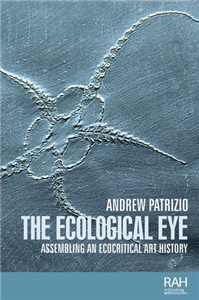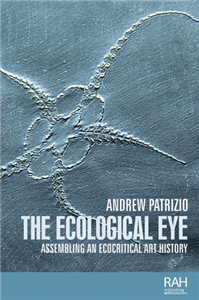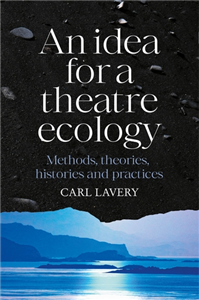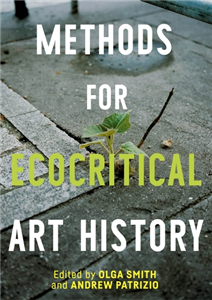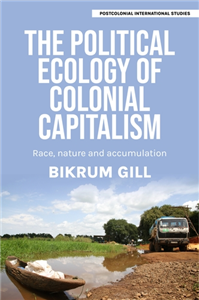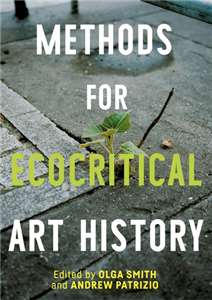The ecological eye
Assembling an ecocritical art history
by Andrew Patrizio, Marsha Meskimmon
In the popular imagination, art history remains steeped in outmoded notions of tradition, material value and elitism. How can we awaken, define and orientate an ecological sensibility within the history of art? Building on the latest work in the discipline, this book provides the blueprint for an 'ecocritical art history', one that is prepared to meet the challenges of the Anthropocene, climate change and global warming. Without ignoring its own histories, the book looks beyond - at politics, posthumanism, new materialism, feminism, queer theory and critical animal studies - invigorating the art-historical practices of the future.



